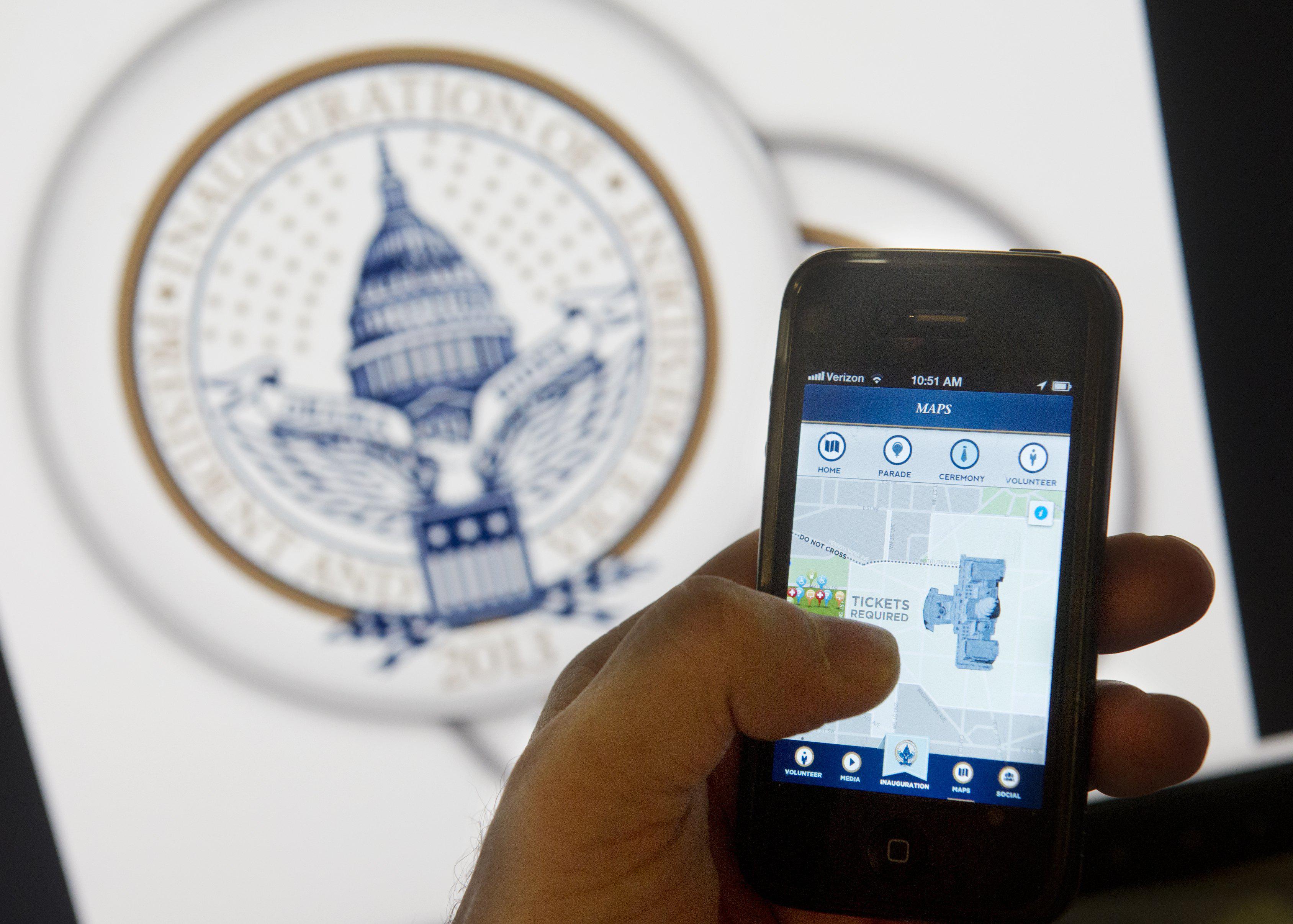Those who were outraged when the Library of Congress unilaterally decided in October that Americans could no longer unlock their own cellphones have a new ally: the Obama administration.
In a response to a WhiteHouse.gov petition that gathered more than 100,000 signatures, the White House’s senior advisor for Internet, innovation and policy today wrote that the administration had convened a panel of experts and arrived at the following conclusion:
The White House agrees with the 114,000+ of you who believe that consumers should be able to unlock their cell phones without risking criminal or other penalties. In fact, we believe the same principle should also apply to tablets, which are increasingly similar to smart phones. And if you have paid for your mobile device, and aren’t bound by a service agreement or other obligation, you should be able to use it on another network. It’s common sense, crucial for protecting consumer choice, and important for ensuring we continue to have the vibrant, competitive wireless market that delivers innovative products and solid service to meet consumers’ needs.
This is particularly important for secondhand or other mobile devices that you might buy or receive as a gift, and want to activate on the wireless network that meets your needs – even if it isn’t the one on which the device was first activated. All consumers deserve that flexibility.
Here’s the original petition by 27-year-old San Francisco entrepreneur Sina Khanifar, and here’s the full text of the response.
Unlocking, by the way, means tweaking your cellphone so that it can be used on carriers other than the one from whom the device was originally purchased. It’s useful especially once your two-year contract has expired, or to get better service when traveling abroad. The practice had been explicitly legal until the Library of Congress decided in October that it should be allowed only with permission from the carrier.
Skeptics of the petition, which Slate first reported on in January, have pointed out that Obama might not have the power to overturn the Library of Congress’ fiat even if he wanted to. But the White House works in mysterious ways. On the same day that the administration released its response, FCC Chairman Julius Genachowski also came out in favor of legalizing unlocking, and the Library of Congress itself released a statement agreeing that the unlocking rule “would benefit from review and resolution” in the context of telecommunications policy.
That doesn’t mean the Library of Congress will necessarily reverse its October decision to remove the exemption to the Digital Millennium Copyright Act that had made unlocking legal. But there’s a chance it could lead to something a lot of techies, libertarians, and consumer advocates would appreciate even more: reform of the controversial copyright act itself. The cellphone unlocking restrictions could turn out to be an excellent demonstration of the many ways in which the act overreaches the goals of legitimate copyright protection.
The Obama administration’s response doesn’t go that far, calling instead for “narrow legislative fixes,” FCC review, and some deceny on the part of the cellphone carriers themselves in allowing customers to unlock their phones. But as the Library of Congress acknowledged in its statement, “rulemaking can often serve as a barometer for broader policy concerns and broader policy action. The most recent rulemaking has served this purpose.”
It feels a little disingenuous for the Library of Congress to congratulate itself on making a rule so awful that it has called attention to broader policy problems, but there you have it. Now let’s see if Congress heeds the call. It should: As former Republican Study Committee staffer Derek Khanna’s involvement in the petition testifies, cellphone unlocking is not a partisan issue. It’s a consumer issue and a common-sense issue.
